Search Definitions
Browse Content (p. 193)
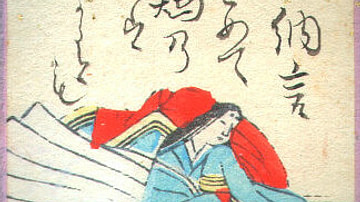
Definition
The Pillow Book
The Pillow Book (Makura no Soshi) is a personalised account of life at the Japanese court by Sei Shonagon which she completed c. 1002 CE during the Heian Period. The book is full of humorous observations (okashi) written in the style of a...
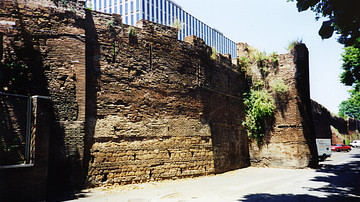
Definition
Sejanus
Lucius Aelius Seianus or Sejanus (20 BCE-31 CE) was the commander of the praetorian guard under the emperor Tiberius (14-37 CE). Coming from an obscure equestrian family, he managed to become one of the closest advisor of Tiberius, hoping...
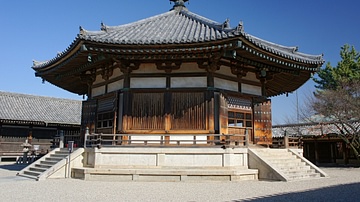
Definition
Horyuji
The Horyuji Temple near Nara in Japan was founded in 607 CE by Prince Shotoku and is the only surviving Buddhist monastery from the Asuka Period in its original state. The complex, consisting of 48 listed buildings including a 5-storey pagoda...
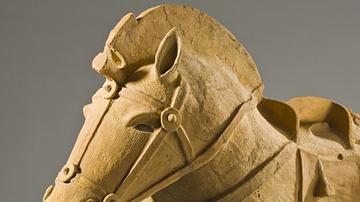
Definition
Haniwa
Haniwa are the unglazed terracotta rings, cylinders, and figures of people, animals, and houses which were deposited at Japanese tombs during the Kofun and Asuka Periods (c. 250-710 CE). The exact purpose of these offerings is not known...

Definition
Asuka Period
The Asuka Period (Asuka Jidai) of ancient Japan covers the period from 538 CE to 710 CE and, following on from the Kofun Period (c. 250-538 CE), so constitutes the latter part of the Yamato Period (c. 250-710 CE). For some scholars the period...
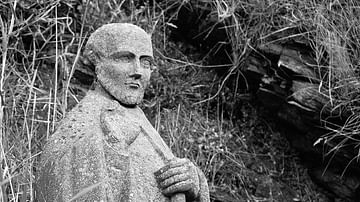
Definition
Gildas
Gildas (c. 500-570 CE) was a Romano-British monk, known primarily for a work entitled De Excidio et Conquestu Britanniae, translated as On the Ruin and Conquest of Britain. Gildas' work is a polemical sermon recounting British history while...

Definition
Mount Fuji - Japan's Tallest and Most Sacred Mountain
Mt. Fuji (Fujisan) is the tallest mountain in Japan and, with its classically symmetrical snow-capped cone, has long been the symbol of that country. The volcano is regarded as a sacred kami or spirit in the Shinto religion, specifically...
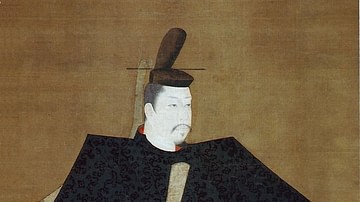
Definition
Genpei War
The Genpei War (1180-1185 CE), also known as the Taira-Minamoto War, was a conflict in Japan principally between two rival clans: the Minamoto and Taira, for control of the imperial throne. The civil war was punctuated by a typhoon, earthquake...
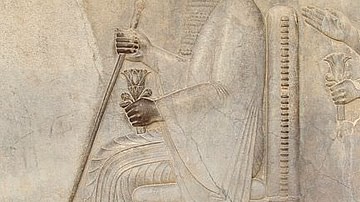
Definition
Darius I
Darius I (l. c. 550-486 BCE, r. 522-486 BCE), also known as Darius the Great, was the third Persian King of the Achaemenid Empire. His reign lasted 36 years, from 522 to 486 BCE; during this time the Persian Empire reached its peak. Darius...

Definition
Tale of Genji
The 'Tale of the Genji' or Genji Monogatari, written in the 11th century CE by Murasaki Shikibu, a court lady, is Japan's oldest novel and possibly the first novel in world literature. The classic of Japanese literature, the work describes...